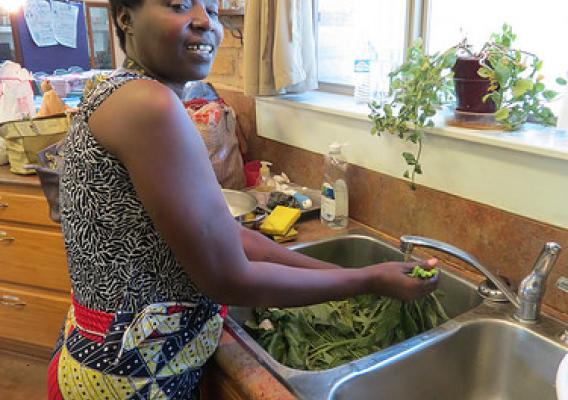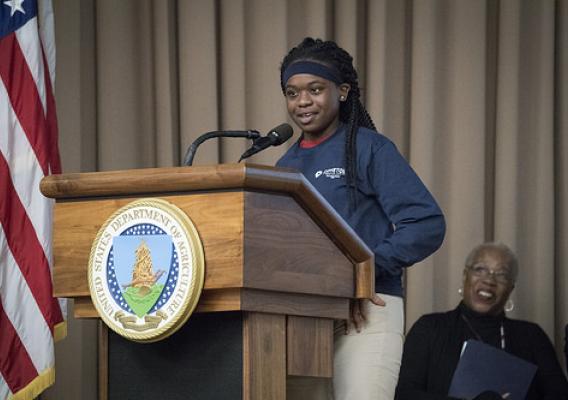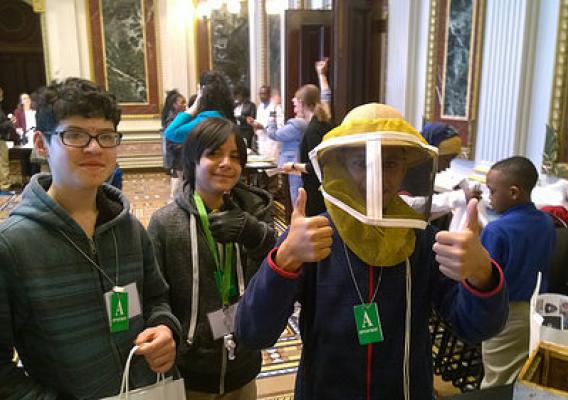As we’ve celebrated Public Service Recognition Week this week, Secretary Vilsack and employees all across the government have shared what an honor it is to work as a public servant. But, it’s no secret that the federal hiring process is a lengthy one, which can be especially frustrating for recent graduates eager to begin careers upon earning their degrees. To streamline this process and meet an important hiring initiative—bringing qualified candidates with diverse backgrounds and more young people into our ranks—USDA has been piloting a new on-site hiring strategy at Minority Serving Institutions.
Working directly with the Office of Personnel Management (OPM), USDA has hosted five on-site events where USDA hiring managers collect applications, conduct interviews, and in some cases make job offers on the spot for internships and recent graduate positions. To date, USDA has collected 795 applications at these events, for a total of 276 available positions within 10 USDA agencies, including the Agricultural Marketing Service, Agricultural Research Service, Animal and Plant Health Inspection Service, Farm Service Agency, Forest Service, Grain Inspection Packers and Stockyards Administration, National Agricultural Statistics Service, Natural Resources Conservation Service, Risk Management Agency, and Rural Development.







